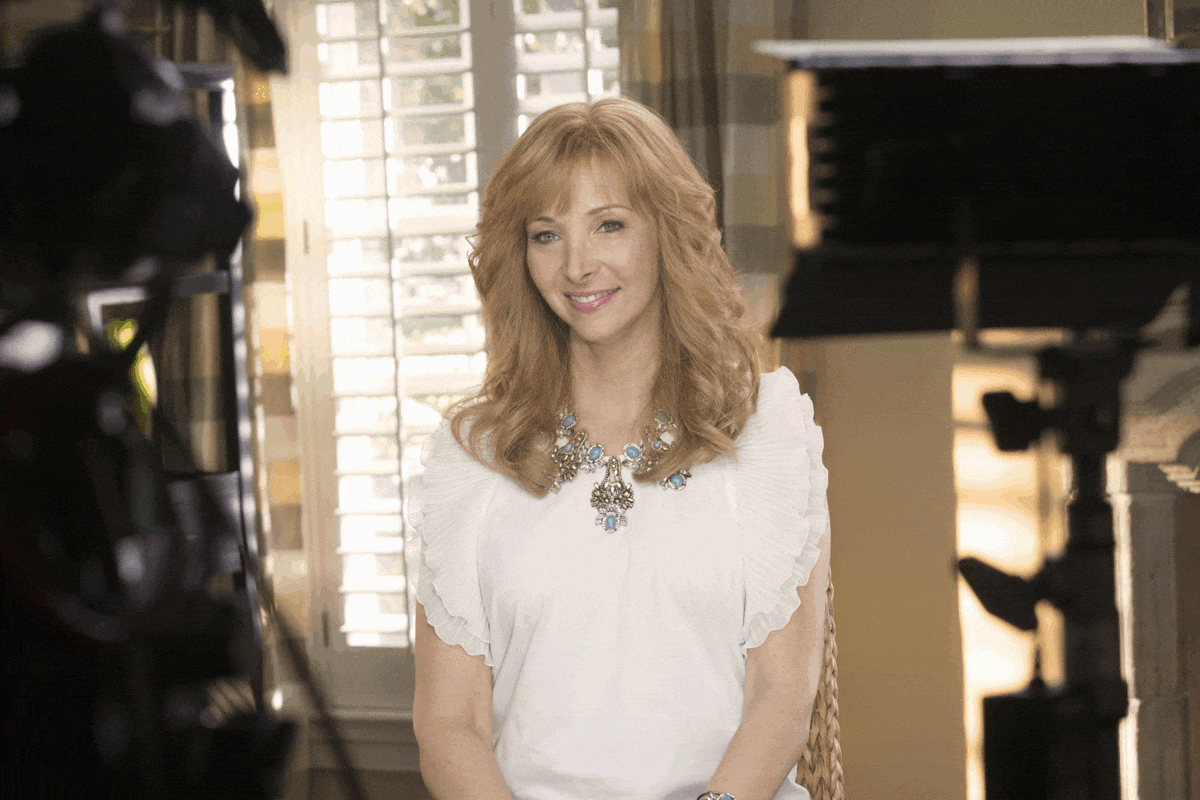A Politician by Any Other Name ...
- Share via
Clandestine has been hurled into the atmosphere hundreds of times a day lately and is now, I should think, a confirmed part of the vocabulary of millions of Americans. Even 4-year-olds, who turned on the TV for “Sesame Street” but got “Clandestine Street,” starring congressmen and sundry Foggy Bottomites, have become acquainted with the word while patiently waiting for Big Bird.
You don’t have to be a Latin scholar to recognize clandestine as a descendant of the Latin clandestinus . Even never having heard of clandestinus, you could have guessed. I took three years of Latin in school, but I don’t recall clandestinus ; nevertheless, I was pretty sure there had to have been such a word. Clandestine had to come from somewhere. Clandestinus was built from clam and destinatus--clam meaning “secret” or “private,” and destinatus meaning “secure” or “fixed.”
(If you’ve ever dug a muscular cherrystone out of its waterfront digs and tried to get it to open up to you, you now know why it’s called a clam: It’s using all its brawn to maintain its privacy. Clam up should take on a richer meaning: Secure that secret! Incidentally, clam and clamp are first cousins.)
From thoughts of clandestine, it’s just a brief synaptic lap to thoughts of other less-than-candid notions. Charlatan and mountebank come effortlessly to mind. Charlatan and mountebank are virtually synonymous, and they constitute the offensive platoon, as it were, of this nefarious team, while clandestine plays defense.
Mountebank comes from the Italian monta in banco-- climb up on a bench ( banco means “bank” and “bench”)--so a mountebank originally was the kind of man who stood on a bench to gather a crowd about him and hawk a patent remedy.
A charlatan is essentially the same as a mountebank. The derivation is also Italian, but by way of French. Ciarlare (pronounced char-la-re) is Italian for “to talk a lot,” and ciarlataneria means “humbug, quackery.”
I’ll quote from the Oxford English Dictionary in the hope that you’ll appreciate these words as much as I: “charlatan . . . a mountebank, a prattling quack-salver, a tattler, babbler. . . . a Cheap Jack who descants volubly to a crowd in the streets . . . .”
I’m reminded of a guy I knew in the Army during World War II, Stan Freedman, who made a lasting impression doing a sort of “mountebank number.” His ambition was to be a borscht-belt comic and progress from there. Stan was loaded with chutzpah, and, at age 18, I’d never known anyone to compare with him. At the time, I’d never even heard of chutzpah, come to think of it (though I knew about mountebanks).
We were in a revue together at Keesler Field in Biloxi, Miss., and we became good enough friends to have kept in touch for a while after the war. He did a routine wherein he mounted a bench and peddled an elixir supposed to restore lost virility. I later learned that it was a rather ancient comedy routine, but we, his fellow GIs, were fairly naive kids who had enlisted in the Army Air Force and to us it was new and hilarious.
With suggestive eye-rolling and hand-claps as punctuation, he cried, “(Clap!) Step right up, gen’lemen! (Clap!) Step right up!” Then, with what would strike us today as stale double-entendres and naughty silliness, he’d give Rejuven-O (the name, as I recall, was a lot raunchier than that) a rollicking pitch.
My favorite part was the bonus: “Wit’ each an’ ev’ry bottle (Clap!), I’m unna give ya absolutely free a genu-wine lit’ograph in full culla (Clap!) a da cat’edral a Note-a-Dame in Paris, France, sootable fa framin’. (Clap!) Now suppose (Clap!)--Jus’ suppose (Clap!) You awready got a framed pickcha in full culla of Note-a-Dame! (Clap!) Innat case, you take dis pickcha (Clap!) You rub a little vinegar on it, hold it up ta da light, an’ (Clap!) You gonna see sumpm you awways wanneda see all yaw life! (Clap!)”
More to Read
Get the L.A. Times Politics newsletter
Deeply reported insights into legislation, politics and policy from Sacramento, Washington and beyond. In your inbox twice per week.
You may occasionally receive promotional content from the Los Angeles Times.









